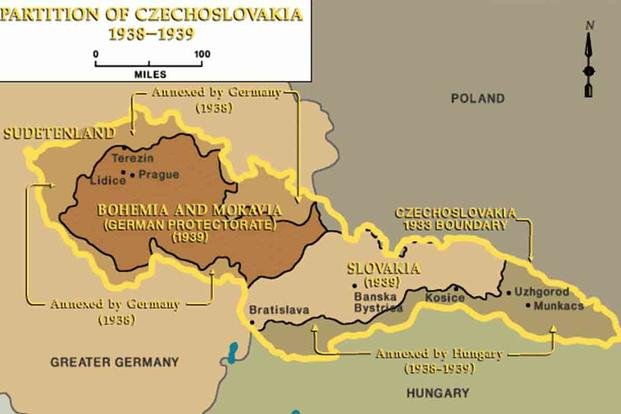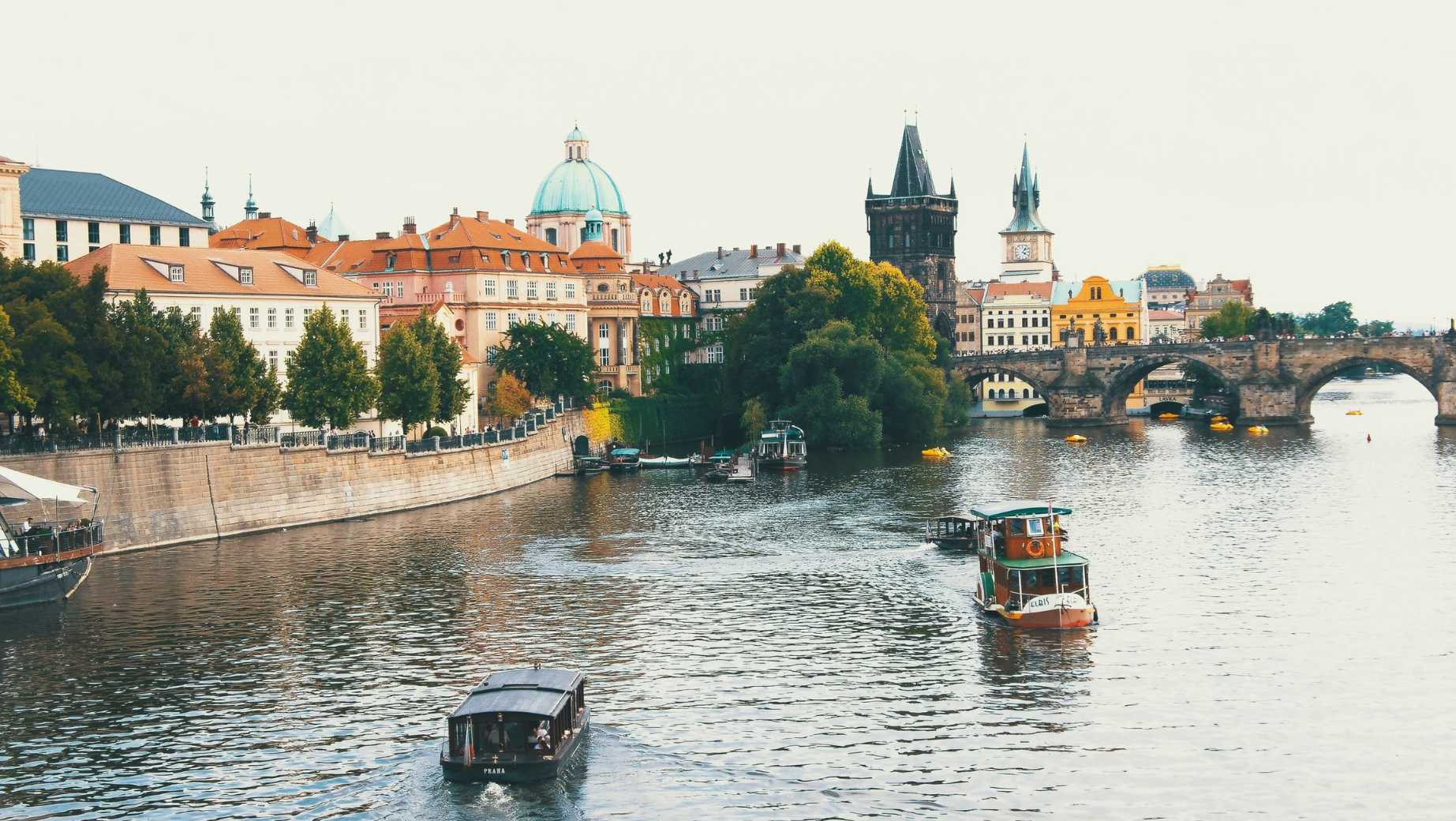Josef Menčík - The Czech Knight Who Resisted Nazi Aggression
Prague Morning

Chivalry wasn’t dead in 1938 when Nazi tanks rolled into Czechoslovakia. It lived on in at least one man: Josef Menčík, also known as the “Knight of Strakonice.”
Once described as “the definition of living history,” Menčík owned and refurbished a castle in his native country and took the time to teach medieval history to anyone who would listen.
More importantly, when the world decided to allow Nazi Germany to annex the Sudetenland, a large chunk of his country, Menčík rode out to meet Adolf Hitler’s tanks, alone and in full medieval armor.
It might have been a foolish gesture of resistance, or even a symbolic one, but it was certainly one of the few acts of defiance against the Nazi regime until that point.
Josef Menčík, the Last Knight
Despite his love for history, there isn’t a lot history knows about Menčík. He grew up in the Böhmerwald area of what was then Czechoslovakia, a mountainous region that today straddles Germany and the modern Czech Republic. Indeed, it appears that Menčík suddenly emerged from the Bohemian Forests in the early 20th century to do things that few others would, which includes (but isn’t limited to) standing up to the Nazis.
What is known about Menčík is that he acquired a 13th-century Gothic fortress in the Czech town of Dobrš (a structure known today as Tvrz Dobrš). Through that structure, we can get a glimpse of the man who helped rebuild it.

The partition of Czechoslovakia, 1938-1939. (American Holocaust Museum)
Local nobility added a Baroque-style wing onto the old castle in the 1700s, but after that, it fell into disrepair. It became housing for the local poor, then a granary before being turned into a school in 1838. In 1911, the school and the fortress burned down and were set to be demolished. That’s when Menčík stepped into history.
The most we know is that he was the oldest of four siblings, and was born in an apartment in the local castle before buying the fortress and spending the next 30 years reliving the life of a knight. Not only did he begin renovating the Dobrš Fortress to suit his version of the High Middle Ages, he began to fill it with antiques and curiosities and started appearing at markets and fairs in a suit of full medieval armor he purchased in France.
Menčík dubbed himself “the Last Knight” and tried to live up to the chivalrous title by showing generosity and hospitality to his neighbors and guests.
He frequently gave tours and explained the history he was trying to recreate; he even dressed his wife Ema and his two children up as characters in his knight’s tale. But the act of chivalry for which Menčík is best known would come 27 years after he became a local “nobleman,” in the face of a new age of warfare.
Resisting Nazi Aggression
What was once known as Sudetenland was not a single chunk of land, but areas along the borders of Czechoslovakia and Germany that were filled with native German speakers. After the Anschluss — the incorporation of Austria into Adolf Hitler’s growing Nazi Empire — the Germans wanted these German-speaking parts of Czechoslovakia and were willing to go to war over it. Dobrš, then a part of Bohemia, was included in Hitler’s demand.
Germany had already begun a low-intensity conflict with the Czechs in September 1938, claiming ethnic Germans were being oppressed and killed in Czechoslovakia. Hitler even created an army of pro-Nazi Czechs to infiltrate the area. The rest of Europe, of course, didn’t have the stomach for war after the chaotic destruction of World War I.
At the end of that month, representatives of England, France, Germany and Italy met in Munich with the hopes of averting another war. The Czechs were not invited to the talks, so the offer made to “appease” Hitler was giving up the Czech Sudetenland to Germany, which Czechoslovakia was forced to accept.
It wasn’t long before the whole of the country was swallowed up by Germany, then Hungary and Poland. By 1939, Czechoslovakia ceased to exist.
The Last Knight Rises
In the early days of October 1938, German tanks began rolling into Czechoslovakia — and no one fired a shot to resist them. In fact, it seemed the world cared little for the needs of the Czech people, so long as no one was wearing gas masks in the muddy trenches of another world war. The people living in the Sudetenland saw the Munich Agreement as a betrayal, and few went out to greet their would-be occupiers.
One of those who did ride out to meet them was Menčík. When a German armored column crossed the border at Bučina, they came upon an incredible scene. Adorned in full armor and on the back of his horse, the Last Knight stood opposed to Nazi aggression against his home country.
He reportedly charged the column with a sword and halberd. No one is really sure why he wasn’t mercilessly gunned down in the Nazi tradition, but most believe the Germans probably thought he was crazy.
The column of tanks actually did stop for a moment, but Menčík eventually was forced to stand aside as the Germans advanced. He would survive to see his homeland liberated, but would not live much longer. He died at his son’s home on Nov. 19, 1945.
After World War II, Czechoslovak borders were reconstituted and the German-speaking inhabitants of what was once the Sudetenland were expelled from the Czech lands.
Today, the region is predominantly filled with Czechs. Menčík’s home at Tvrz Dobrš has been taken over by the Dobrš Restoration Association, which works to rebuild structures that might be otherwise lost to history — much like its eccentric, erstwhile owner.
Would you like us to write about your business? Find out more
-
NEWSLETTER
Subscribe for our daily news










